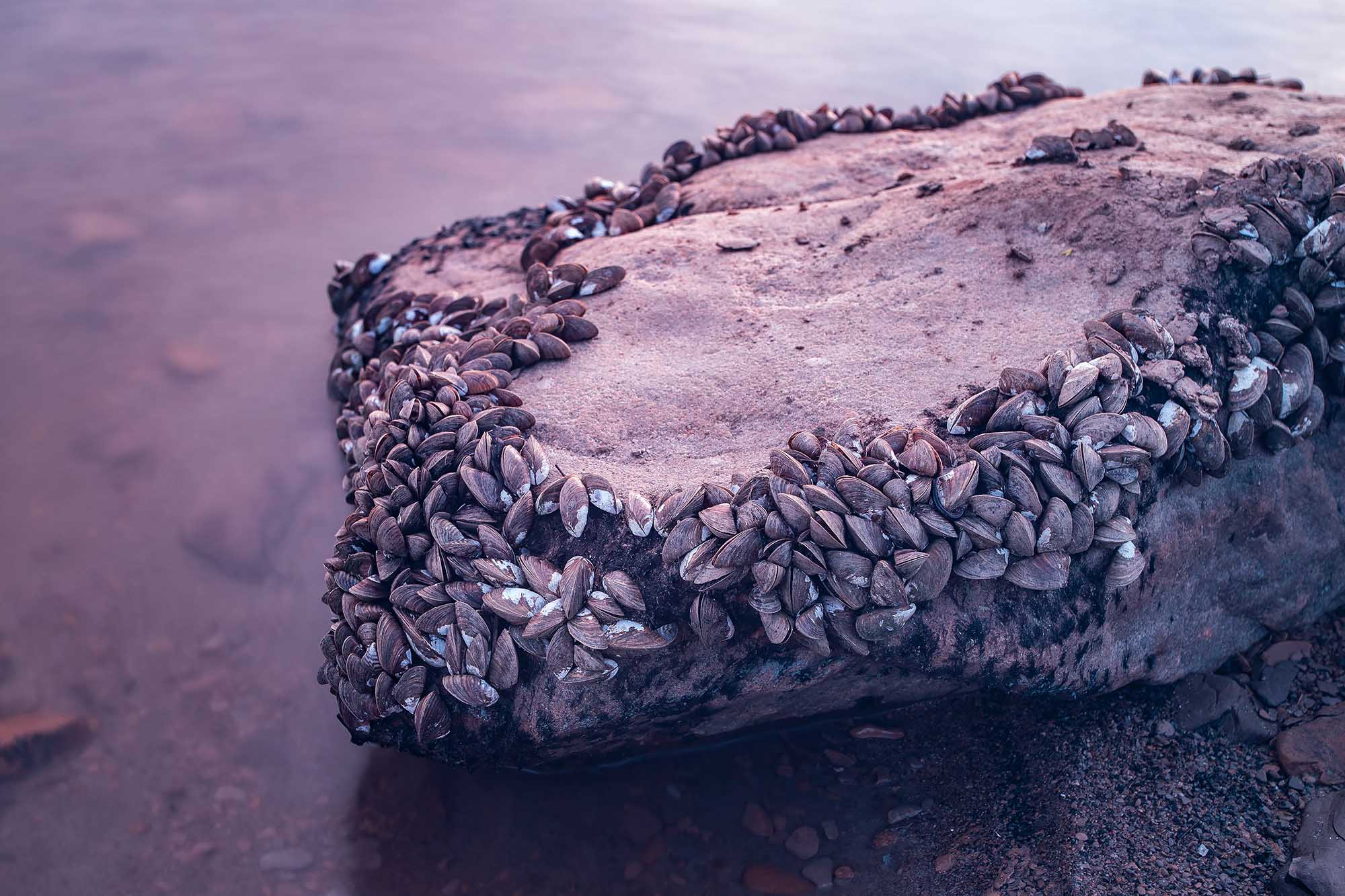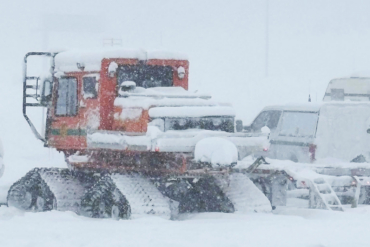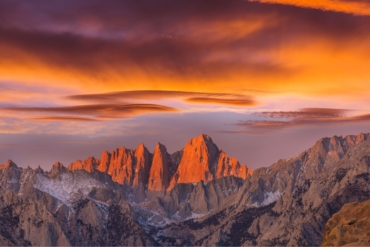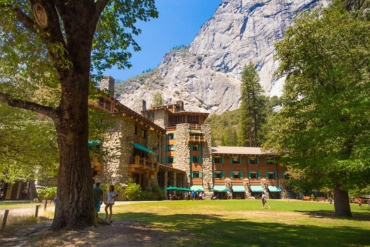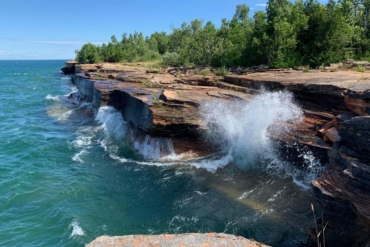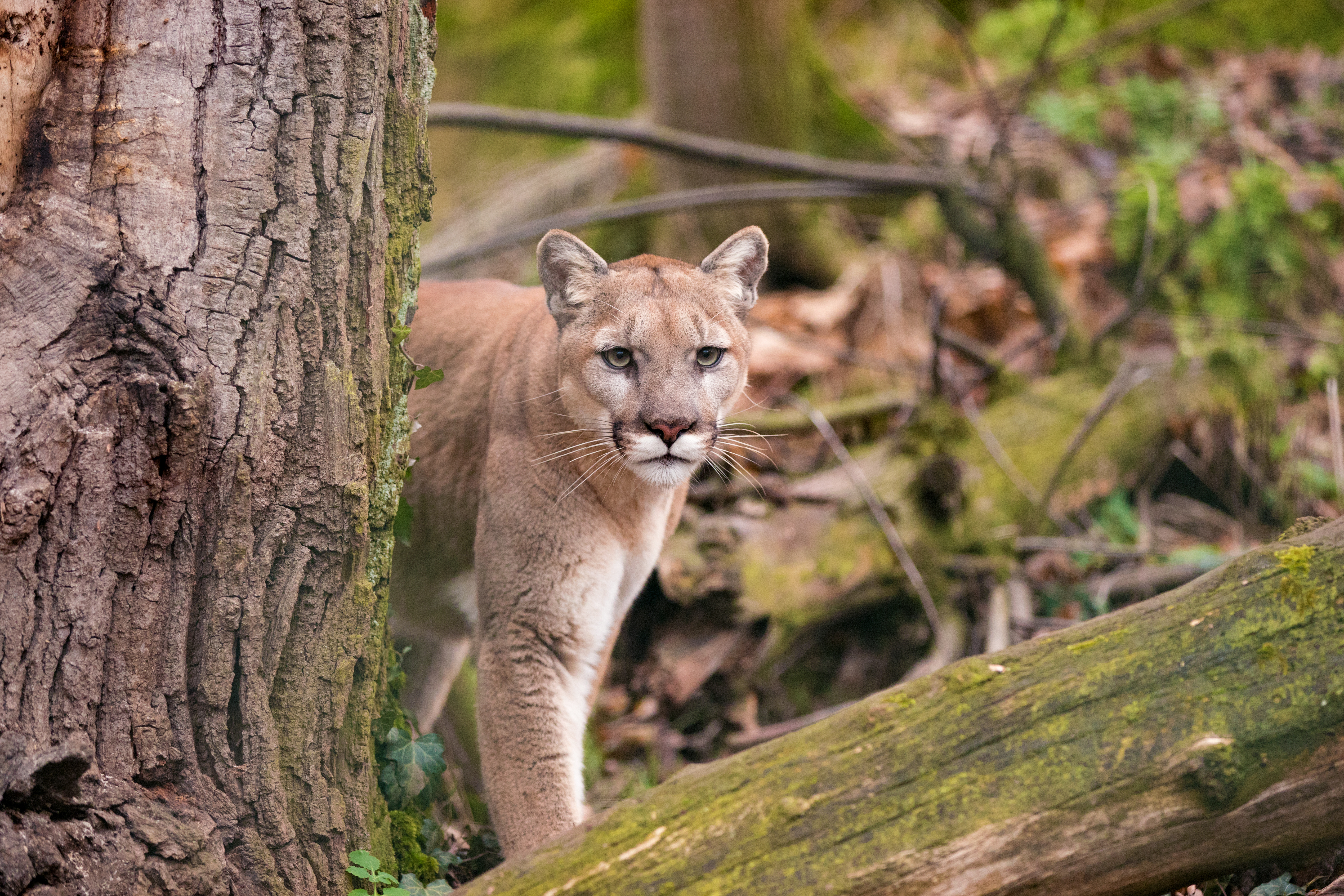Mollusks may not sound like a menace — until you learn about zebra mussels. This invasive European variety has been spreading through the U.S. for decades, threatening native species, clogging water infrastructure, and slicing open swimmers who step on their razor-sharp edges.
And now they’ve come to the Colorado River.
Colorado Parks & Wildlife officials discovered traces of the species in multiple sections of the river this month. Scientists first found evidence of the invasive species in the Government Highline Canal near Clifton. A week later, the mussels’ larvae showed up again upstream from the Grand Valley Water Users Canal.
Colorado officials quickly sounded the alarm. They’ve initiated the Invasive Species Rapid Response Plan and are asking all recreationists to clean, drain, and dry boats and equipment before leaving the river. But it may not be enough. According to wildlife officials, zebra mussels are “difficult or impossible to eradicate.”
“This news is devastating,” said Tina Bergonzini, Grand Valley Water Users Association general manager. “From irrigation to drinking water, the ramifications cannot be underestimated or overstated.”
A Dangerous Species
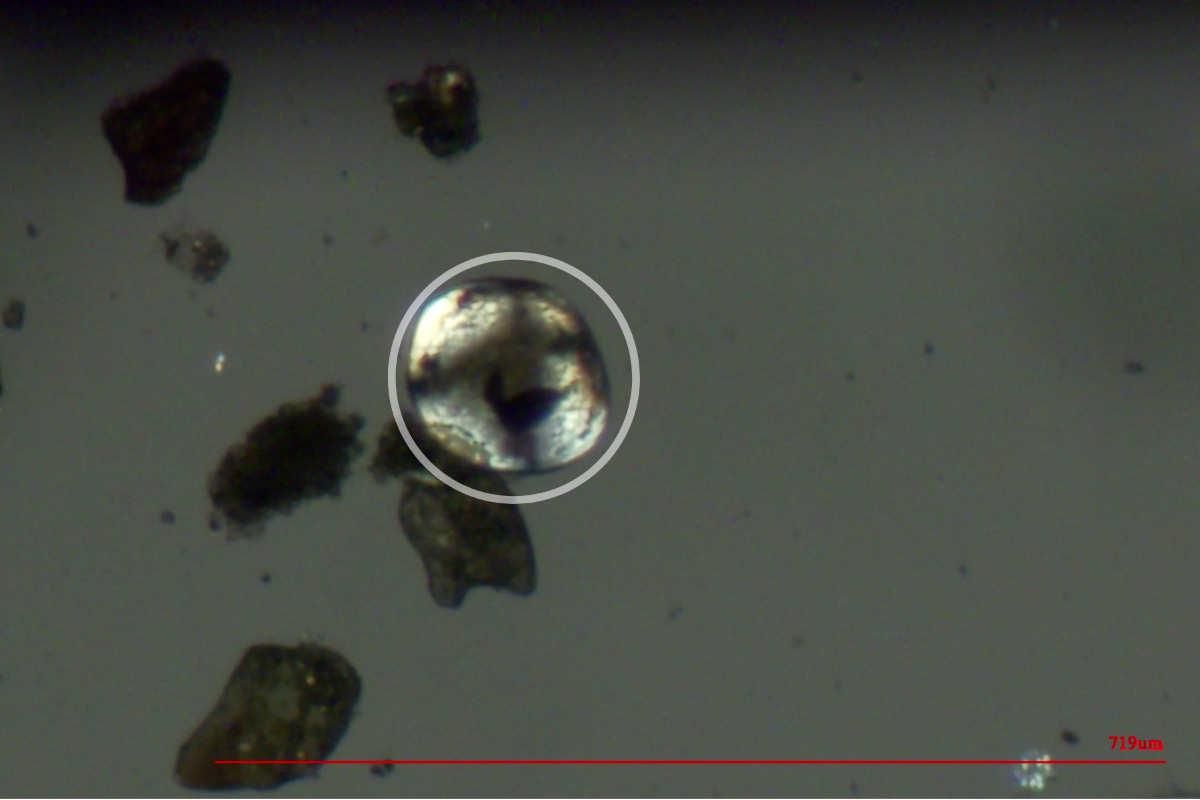
When zebra mussels appear in a waterway, they can spread fast. Females of the species — also known as quagga mussels — can produce up to 1 million eggs in a single spawning season.
As a result, officials said they pose an “extreme risk” of ecological impacts to Colorado. They’re likely to impact native fish populations through filter-feeding strategies that remove plankton — an essential prey for many fish — from the ecosystem. Slower-moving sections of the Colorado River, such as pools, eddies, and backwaters, are especially prone to invasion.
“We are disappointed in the situation we find ourselves in,” said Ed Warner, Area Manager, BOR Western Colorado Area Office. “We know how much effort CPW has put into keeping the Colorado River clear of zebra mussels. This is an extremely difficult scenario.”
Finding Zebra Mussels in Colorado: ‘It Was Sickening’
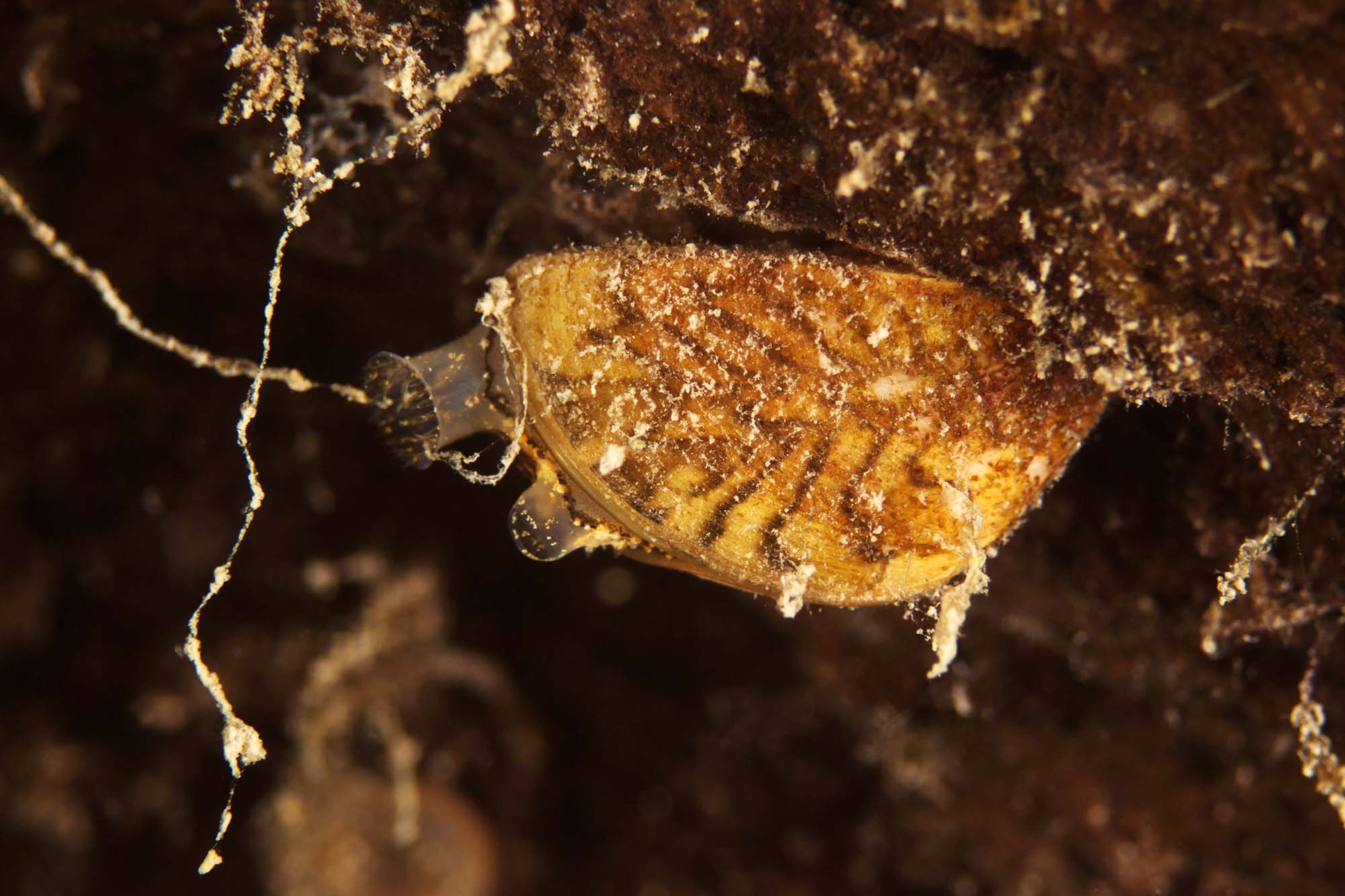
First discovered in the Great Lakes in 1988, the mussels have since spread to 33 states. In Austin, Texas, the mussels have become a chronic problem since arriving in local lakes in 2017. At Pace Bend State Park, a popular area for swimmers, climbers, and boaters, the mussels cover the rock walls and riverbanks, cutting open the skin of anyone who happens to touch or step on one.
Even more significantly, the City of Austin had to invest in new infrastructure to filter them out of the water in 2022. By attaching to grates, screens, pipes, and valves, the mussels interfere with water treatment, even affecting the taste and odor of drinking water.
When the species appeared in a Colorado reservoir last year, officials were shocked. Wildlife managers had worked hard for 15 years to stop the invasive mussels from taking up residence in a state famous for outdoor recreation.
“It was sickening,” a Colorado park official told the Colorado Sun. “At first, I was in denial: This can’t be happening here.”
Clean, Drain, and Dry
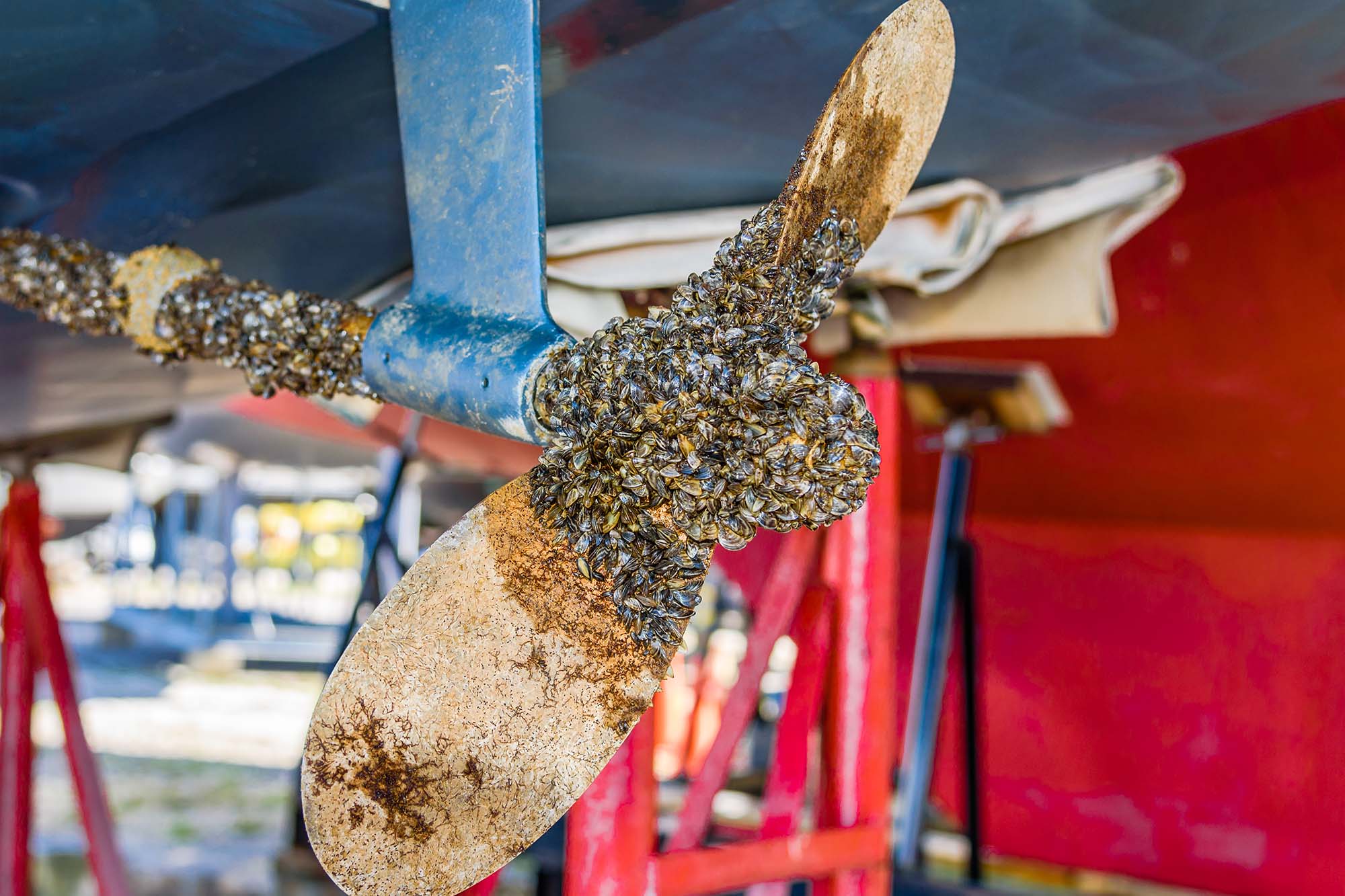
Zebra mussels often arrive in new waterways by hitching a ride on boats. Slowing their spread means asking recreationists to take responsibility for cleaning their vessels after every use, officials said.
For bodies of water with a high risk of contamination, Colorado Parks & Wildlife offers professional watercraft inspection and decontamination services. But there will never be enough resources to have boat inspections on every ramp in the state, officials said.
That’s why boats must be cleaned, drained, and dried between each and every use. You can find detailed instructions for cleaning on the Colorado Parks & Wildlife website.
